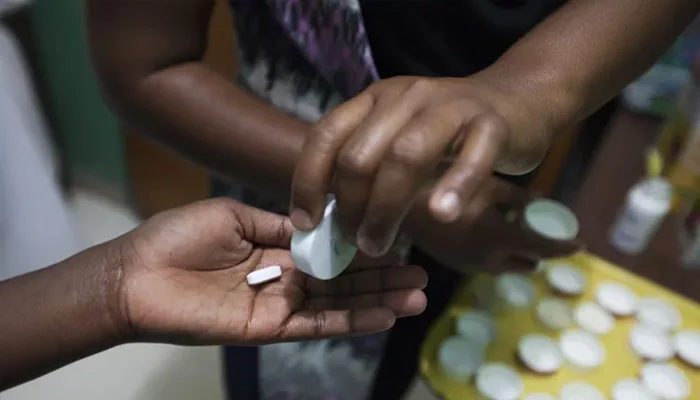A shocking HIV outbreak has emerged in Taunsa, Dera Ghazi Khan, where nearly 300 children have tested positive due to unsafe blood transfusions and widespread use of unsterile injections. Health experts warn that the situation mirrors the 2019 Ratodero outbreak in Sindh, exposing alarming lapses in Punjab’s healthcare system.
According to joint health reports, between December 2024 and April 2025, over 230 HIV cases were confirmed, with 79% of patients under the age of five. The Punjab AIDS Control Program (PACP) later confirmed an additional 66 cases during a household screening drive, raising the tally close to 300.
Medical investigations revealed that most children were prescribed unnecessary blood transfusions for anemia, often linked to maternal malnutrition. Instead of addressing nutritional issues, doctors relied on transfusions carried out at Rural Health Centres and Basic Health Units, many of which lacked proper screening.
The PACP also highlighted alarming practices, including rampant quackery, over-prescription of injections, and unscreened blood bags being sold at local pharmacies. Experts suggest the outbreak was caused by systemic lapses and unsafe medical procedures rather than familial transmission.
Adding to concerns, official prison data shows that 645 inmates across Punjab are HIV positive, with Adiala Jail reporting the highest number of cases. These recurring outbreaks underscore weak infection control and poor oversight in healthcare facilities across the province.
Read More: WHO Warns of Dangerous Spike In Epidemic-Prone Diseases in Pakistan
PACP officials have assured that measures are being taken to curb further transmission and provide treatment to affected children, but public health experts stress urgent reforms in blood safety, regulation of private clinics, and maternal health to prevent future crises.









